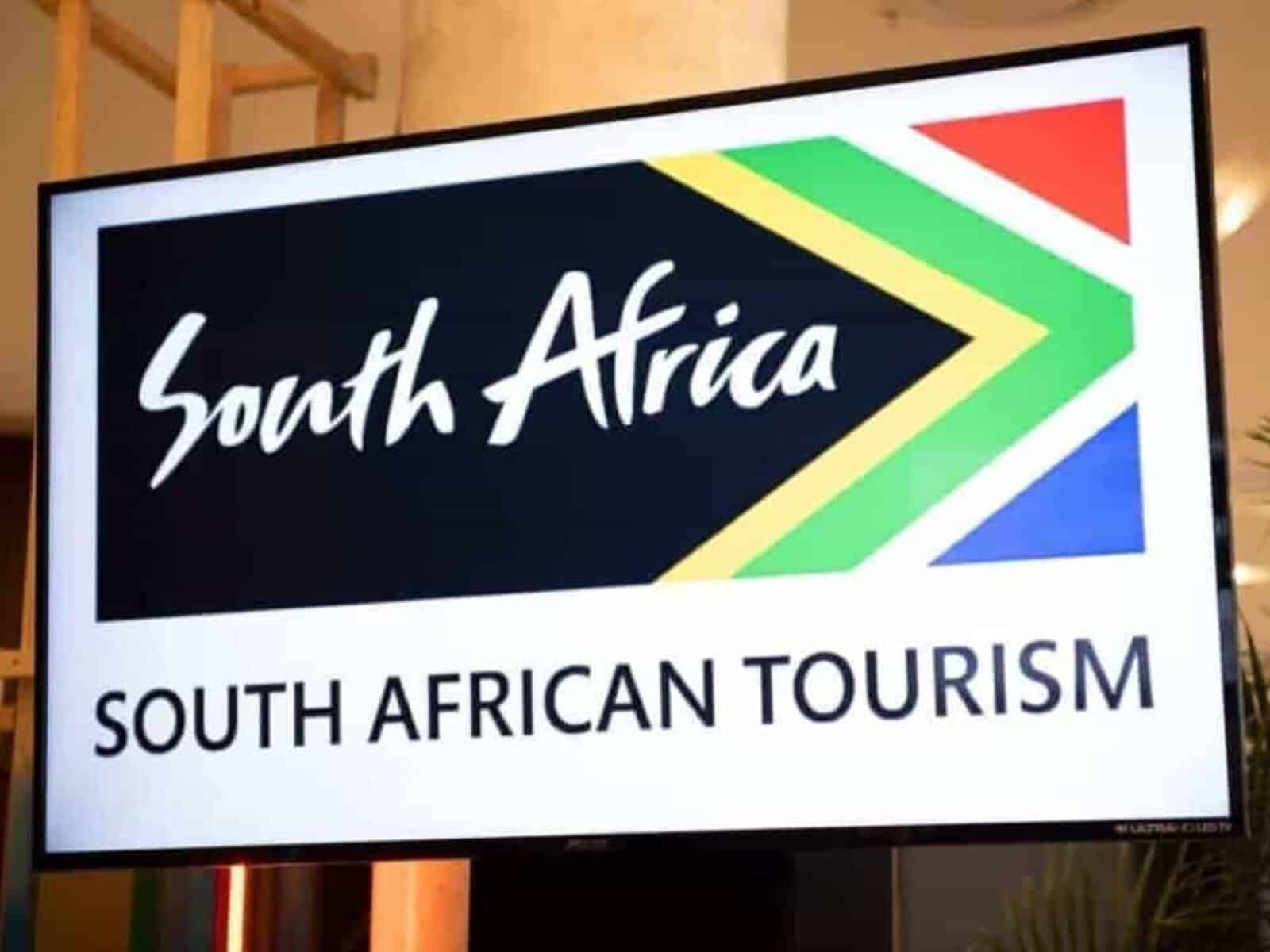Figures show more is being spent at South Africa's hotels and guesthouses, but industry experts say more innovation is needed.

South Africa’s tourism industry is maintaining its post-Covid comeback with record revenue in the accommodation sector.
Accommodation income generated in the second quarter of 2025 increased by 10.5% from the same period last year.
Statistics South Africa (Stats SA) released the figures this week in its quarterly report on the tourist accommodation sector.
Recovery sustained
The numbers are compiled from a monthly survey of hotels, guesthouses and other commercial accommodation owners of tax-registered private and public enterprises
Stats SA’s report shows the healthy recovery of an industry that was decimated by the global health panic of 2020.
Seasonally adjusted income from accommodation at current prices first reached pre-covid levels in Spring 2023 and has exceeded that level for every quarter since July 2024.
“Seasonally adjusted income from accommodation increased by 3.8% month-on-month in May 2025, following an increase of 3.1% month-on-month in April 2025,” stated Stats SA.
However, seasonally adjusted occupancy rates have yet to breach the 40% mark, having sat at roughly 45% in January 2020.
In the last quarter, hotels earned R4.2 billion, while caravan parks and guesthouses and farms earned R186 million and R337 million, respectively.
“Other” forms of accommodation accounted for R2.7 billion, with the R7.5 billion total excluding food and beverage sales.
Industry insights
The accommodation industry generated R35.3 billion last year, with the industry sitting on R14.3 billion for the first five months of 2025.
Southern Africa Tourism Service Association CEO David Frost said that the country’s natural attractions provided a solid foundation from which to build, but required the industry to continually adapt.
“We cannot afford to be complacent. To stay globally competitive, we must continue to diversify and meet evolving traveller expectations,” said Frost.
“True growth lies in how we innovate around these assets. We need to move beyond what we’ve always done and develop experiences that appeal to a broader range of global travellers.”
Frost highlighted areas outside the “Cape Town-Kruger” corridor as needing extra representation, but explained the 2024/25 cruise season generated R1.32 billion.
National Chairperson of the Federated Hospitality Association of South Africa, Rosemary Anderson, agreed with Frost’s sentiments on evolving the industry.
“That’s now changing, thanks to Tourism Minister Patricia de Lille, who has introduced a new model where government and industry work together in dedicated tourism workstreams.
“For the first time, ideas are not only being developed jointly, but action plans are being put in place. This shift has the potential to be a game-changer for tourism in South Africa,” Anderson concluded.
NOW READ: Could tourism be the answer to SA youth unemployment?






